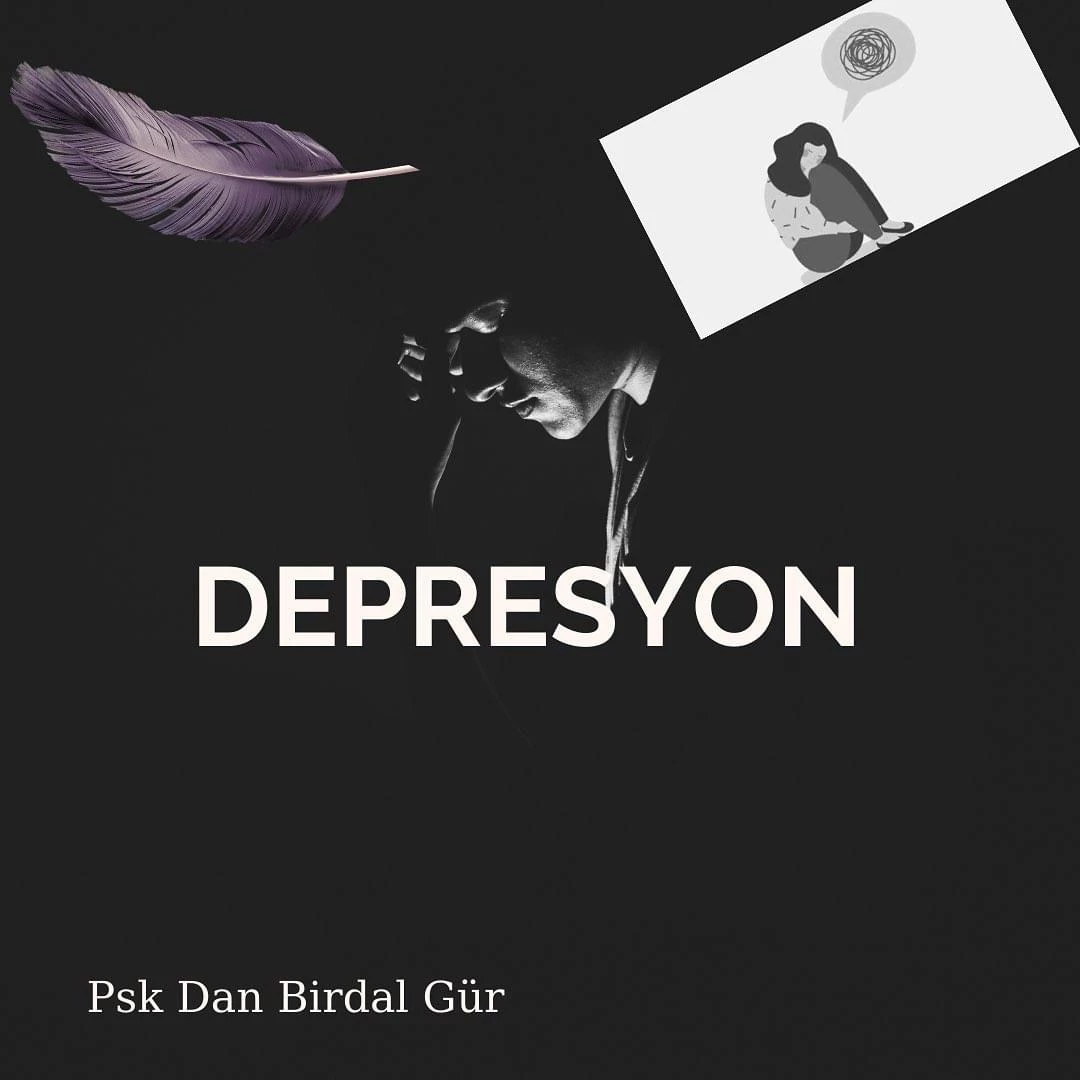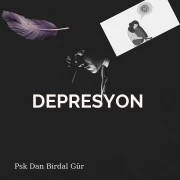
Depression
- Depression
What is Depression?
Depression, also known as major depressive disorder, is a mood disorder that causes you to feel constant sadness or apathy towards life.
Most people feel sad or depressed from time to time. It is a normal reaction to loss or life's difficulties. However, when intense sadness, including feeling helpless, hopeless and worthless, lasts for days or weeks and prevents you from living your life, it can be more than sadness. You may have clinical depression, which is a treatable medical condition.
Depression Symptoms
According to the DSM-5, which mental health professionals use to diagnose mental disorders, if you have five or more of the following symptoms for at least 2 weeks, you are depressed:
- Your mood is depressed most of the day, especially in the morning.
- You feel tired or lack energy almost every day.
- You feel worthless or guilty almost every day.
- You feel hopeless or pessimistic.
- You have trouble focusing, remembering details, and making decisions.
- You cannot sleep or you sleep too much almost every day.
- You have no interest or pleasure in many activities nearly every day.
- You often think about death or suicide (not just fear of death).
- You feel restless or slowed down.
- You lost or gained weight.
You can also:
- Feeling grumpy and restless,
- Losing the pleasure in life,
- Stopping overeating or feeling hungry,
- If you have aches, pains, headaches, cramps or digestive problems that do not go away or heal with treatment,
- Having sad, anxious, or "empty" feelings.
While these symptoms are common, not everyone with depression will experience the same symptoms. How severe they are, how often they occur, and how long they last can vary.
Your symptoms may also be in patterns. For example, depression can come with a change in seasons (a condition formerly called seasonal affective disorder).
It is not uncommon for people with depression to have physical symptoms of the condition. It can include joint pain, back pain, digestive issues, trouble sleeping, and appetite changes. You may also have slowed down your speech and movements. This is because brain chemicals associated with depression, especially serotonin and norepinephrine, play a role in both mood and pain.
Your depression may have other specific features such as:
- Anxious distress. You worry a lot about things that might happen or about losing control.
- Mixed features. You have both depression and mania -- periods of high energy, talking a lot, and high self-esteem.
- Atypical features. You may feel good after happy events, but you also feel more hungry, need a lot of sleep, and are susceptible to rejection.
- Psychotic features. You believe things that aren't real, or you see and hear things that aren't there.
- catatonia. You cannot move your body normally. You may be sedentary and unresponsive, or have uncontrollable movements.
- Peripartum depression. Your symptoms begin during pregnancy or after birth.
- Seasonal pattern. Your symptoms get worse with changes in the seasons, especially during the colder, darker months.
What Diseases Are Seen in Depression?
It's common for people to experience depression along with other medical or mental health problems such as anxiety, obsessive compulsive disorder, panic disorder, phobias, substance use disorders, and eating disorders. If you or a loved one has symptoms of depression or other mental problems, it may be beneficial to seek support from a psychological counselor. Treatments can help.


